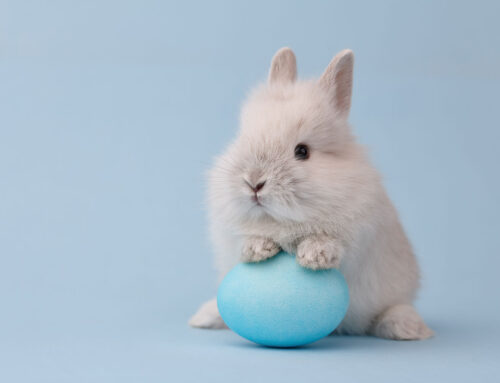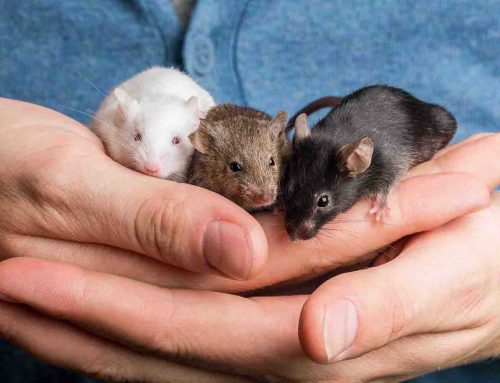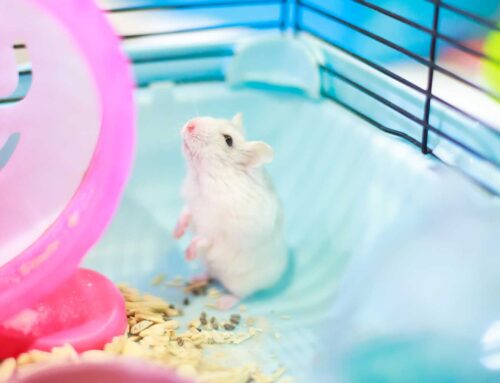Feeding
- Gradual exposure to a variety of foods is recommended as food preferences are established early in life.
- Guinea pigs are herbivores (plant eaters) and, unlike most other pets, they do not make their own vitamin C. They should be fed a high fibre diet of 70% grass and good quality grass hay (timothy or oat hay). Lucerne is too high in calcium, protein and calories, and can lead to obesity.
- Fresh vegetables, particularly dark leafy greens such as kale, collard greens, mustard greens or dandelion greens, can cover a guinea pig’s daily Vitamin C requirements – quarter to half a metric cup of shredded packed vegetables. Other recommended vegetables include:
| Baby Bok Choy | Basil | Beet Tops | Bok Choy | Broccoli | Brussel Sprouts |
| Carrot / Radish Tops | Clover | Green Capsicum | Mint | Parsley | Spinach |
| Watercress |
Avoid celery and lettuce as they are of little nutritional value.
- Good quality hay pelleted diets with added Vitamin C can be used for up to 10% of the diet. Guinea pig and rabbit “seed mix” is not appropriate as it is high in sugar and very low in fibre.
- All food and water should be fresh and changed daily.
- Do not give sugary or salty treats. Acceptable snack foods include some fruits, rolled oats and dry cereals, in small quantities only. Apples (no stems or seeds) are the best but acceptable fruits include: Blueberries, Melon, Orange (no peel), Raspberries especially the leaves, and Strawberries.
Health Care
- Sexual maturity occurs at two months of age in females and three months of age in males. To prevent unwanted pregnancies they can be desexed at this age or should be separated. Difficulties giving birth are common in guinea pigs.
- Dental disease is common in guinea pigs and is generally a result of a diet low in fibre. The back teeth are usually affected.
- Other common health problems include skin mites, bladder/urethral stones, and respiratory disease.
Housing
- Guinea pigs are quite social and can be housed together but allow several days for a pecking order to be established and expect the occasional squabble.
- Housing can be constructed of plastic or untreated wood. Do not use small wesh wire for the flooring.
- Good ventilation and frequent changes of bedding material are important to prevent respiratory infections due to a build-up of ammonia from the urine.
- Frequent access to sunshine and regular exercise is highly recommended and promotes a healthy weight and good general health.
- Guinea pigs are extremely sensitive to heat-stroke from high temperatures and humidity – temperatures of 18-26 degrees Celsius are optimal.
We welcome you to book an appointment or visit us to discuss how to keep your guinea pig in optimal health.






